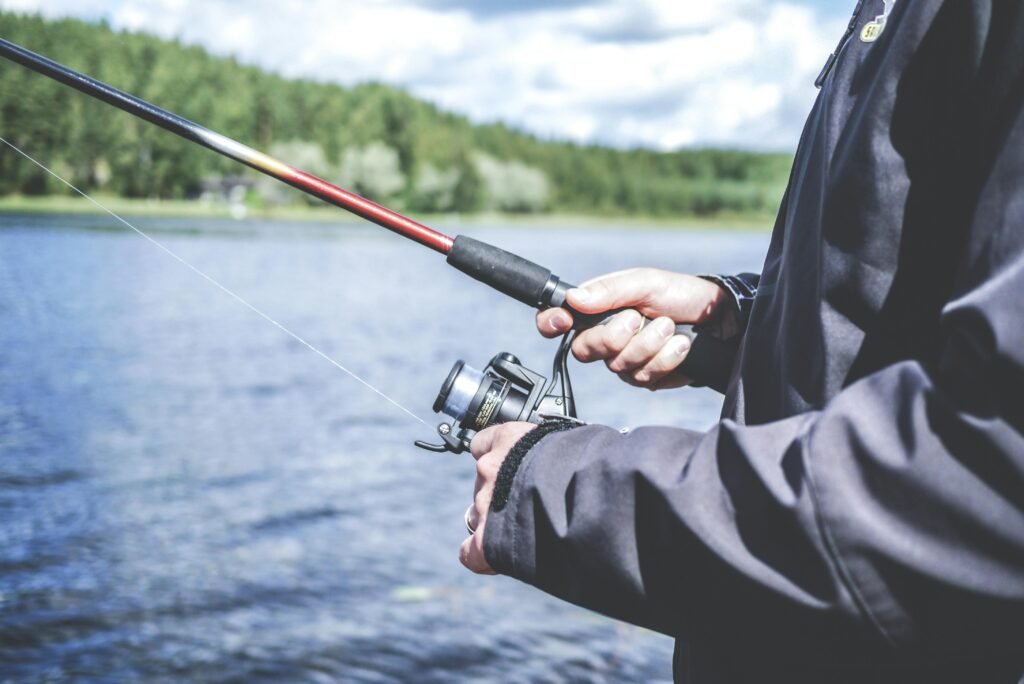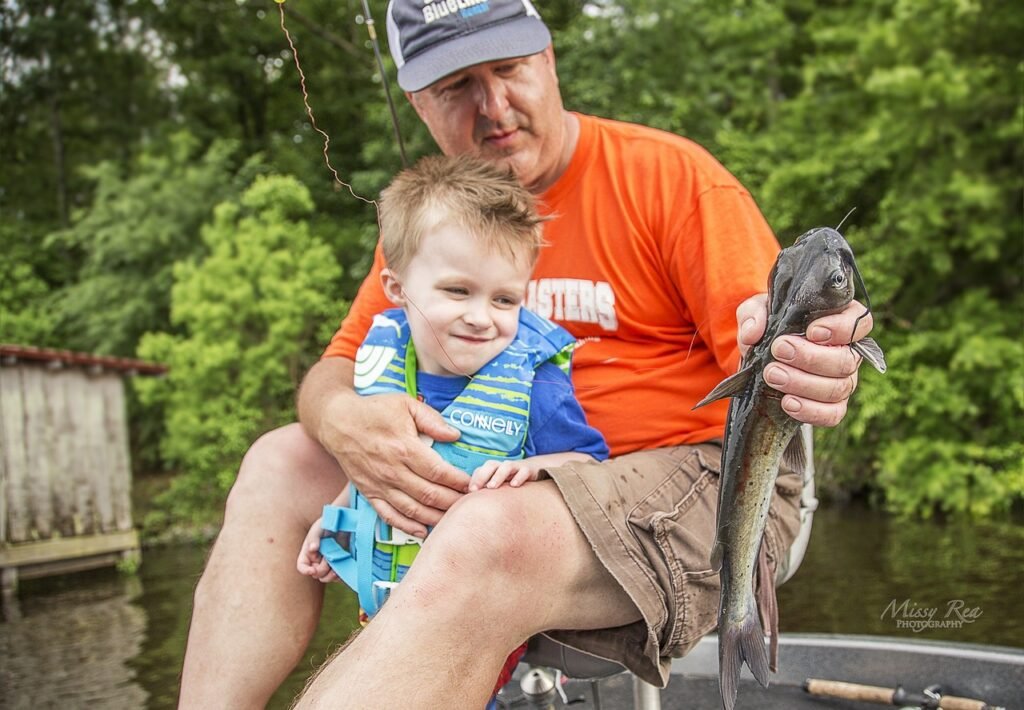Fishing has always been a pursuit of patience and perseverance, teeming with the ambiance of tranquil waters and the thrill of the catch. However, amid the serenity and excitement, every angler needs to understand and follow a net of regulations. These freshwater fishing regulations, which vary widely depending on the locality, are designed to maintain fish populations, protect ecosystems, and ensure the sport can be enjoyed for generations to come.
In this blog post, we’re casting a line into the complexities of freshwater fishing laws in the USA and Canada, helping fishing enthusiasts, nature lovers, and outdoor adventurers stay informed and compliant.
Know Before You Go
Before you cast your rod into the cool waters of your favorite lake or river, it’s crucial to understand the fishing regulations for that specific area. These laws can cover a variety of aspects, including but not limited to:
- License Requirements: Nearly all regions in North America require you to have a valid fishing license. This can usually be obtained online, at local sporting goods stores, or through government agencies.
- Catch Limits: There are often strict limits on the number and size of fish you can take. These are in place to prevent overfishing and ensure sustainable fish populations.
- Season Restrictions: Certain species can only be fished during particular seasons or within specific timeframes, often to protect during spawning seasons.
- Gear Restrictions: Some areas may restrict the type of gear you can use, such as the number of hooks, the size of nets, or the use of certain baits.
Fishing in the USA
The United States is home to an abundance of freshwater bodies, teeming with species like bass, catfish, and trout. But with such diversity comes a plethora of regulations. It’s important to note that fishing laws are governed at the state level, meaning regulations can vary significantly from one state to another. For instance, the rules for catching salmon in the rivers of the Pacific Northwest are far different from those for reeling in catfish in the Mississippi River.
Here are some tips to keep in mind when familiarising yourself with US fishing regulations:
- Local Websites: Most states have dedicated wildlife or natural resources websites with detailed information on regulations.
- Fishing Guides: Professional fishing guides are often well-versed in local laws.
- Wildlife Officers: Don’t hesitate to ask questions if you encounter a wildlife officer. They can provide valuable information and are there to help.
Fishing in Canada
From the Great Lakes to the countless rivers and streams, Canada is a country defined by its waterways, and fishing is an ingrained part of the national heritage. Like the USA, regulations are usually handled at the provincial or territorial level.
When preparing for a Canadian fishing trip, consider these avenues for information:
- Provincial Websites: Each province has its own set of detailed regulations published online.
- Fishing Permits: Aside from your fishing license, you may need a permit for certain areas, especially in national parks.
- Catch and Release: Pay attention to conservation areas or catch-and-release rulings, which are more prevalent in environmentally sensitive regions.
Respecting Salt and Freshwater Differences
It’s worth mentioning that freshwater and saltwater fishing regulations are typically distinct entities, and if your fishing adventures take you to different environments, make sure to research accordingly. Species management, endangered species acts, and even international treaties can influence the laws surrounding marine fishing.
The Ripple Effect of Compliance
Why should you follow these regulations so diligently? Beyond the risk of legal repercussions, there is an ecological balance at stake. Fishing comes with a significant responsibility—to nature, to fellow anglers, and to future generations who also deserve the joy of the catch.
In Conclusion
Fishing regulations might seem like just another barrier between you and your pursuit, but in truth, they are the guardians of the sport’s future. Whether you’re a local looking to explore nearby waterways or an adventurer trekking to distant lakes, rivers, and streams, arming yourself with knowledge of local laws will ensure that you enjoy your session with the peace of mind that you are fishing within the framework designed to protect our shared passion for the sport.
Now that you’re equipped with the essentials of freshwater fishing regulations, the water beckons. Get your rod, obtain your license, respect the rules, and enjoy the beautiful dance between angler and nature, which is freshwater fishing.
Happy fishing, and long may it continue!
—
For the most accurate and up-to-date information, always check with the local Department of Fish and Wildlife or equivalent regulatory body before heading out on your fishing adventure.



